
Comilla: The Historical Heartbeat of Bangladesh
Nestled in the eastern part of Bangladesh, Comilla is a city steeped in history and culture. Known for its rich archaeological heritage, this city is a treasure trove for history enthusiasts. The ancient ruins of Mainamati, a Buddhist archaeological site, offer a glimpse into the region's glorious past. The Shalban Vihara, a large Buddhist monastery, is a must-visit, showcasing the architectural brilliance of the ancient period. Beyond its historical allure, Comilla is also known for its picturesque landscapes and serene lakes. The Dharmasagar Lake, one of the largest man-made lakes in the country, is a perfect spot for a peaceful retreat. Visitors can enjoy a boat ride or simply take a leisurely walk along its banks, soaking in the natural beauty. The local cuisine is another highlight of Comilla. The city is famous for its delicious sweets, particularly the 'Roshmalai' and 'Chomchom'. A visit to Comilla is incomplete without indulging in these mouth-watering treats. The city's bustling bazaars offer a variety of local crafts and textiles, providing a perfect opportunity for souvenir shopping. Whether you are a history buff, a nature lover, or a foodie, Comilla has something to offer for everyone. Its warm hospitality and vibrant culture make it a destination worth exploring.
Local tips in Comilla
- Visit the Mainamati Archaeological Museum early in the morning to avoid crowds and get the best experience.
- Try the local sweets from 'Matri Bhandar', a famous sweet shop in Comilla.
- Take a leisurely boat ride on Dharmasagar Lake during sunset for a serene experience.
- Wear comfortable shoes as many of the historical sites require a fair bit of walking.
- Hire a local guide to get in-depth knowledge about the historical sites and their significance.
Comilla: The Historical Heartbeat of Bangladesh
Nestled in the eastern part of Bangladesh, Comilla is a city steeped in history and culture. Known for its rich archaeological heritage, this city is a treasure trove for history enthusiasts. The ancient ruins of Mainamati, a Buddhist archaeological site, offer a glimpse into the region's glorious past. The Shalban Vihara, a large Buddhist monastery, is a must-visit, showcasing the architectural brilliance of the ancient period. Beyond its historical allure, Comilla is also known for its picturesque landscapes and serene lakes. The Dharmasagar Lake, one of the largest man-made lakes in the country, is a perfect spot for a peaceful retreat. Visitors can enjoy a boat ride or simply take a leisurely walk along its banks, soaking in the natural beauty. The local cuisine is another highlight of Comilla. The city is famous for its delicious sweets, particularly the 'Roshmalai' and 'Chomchom'. A visit to Comilla is incomplete without indulging in these mouth-watering treats. The city's bustling bazaars offer a variety of local crafts and textiles, providing a perfect opportunity for souvenir shopping. Whether you are a history buff, a nature lover, or a foodie, Comilla has something to offer for everyone. Its warm hospitality and vibrant culture make it a destination worth exploring.
When is the best time to go to Comilla?
Iconic landmarks you can’t miss
Dharmasagar
Discover Dharmasagar: A historic lake in Cumilla offering serene beauty, cultural insights, and a tranquil escape in the heart of Bangladesh.
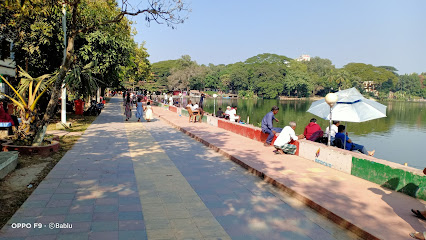
Shalban Bihar
Explore Shalban Bihar, an 8th-century Buddhist monastery in Comilla, Bangladesh, revealing ancient Bengal's rich history and serene beauty within its well-preserved ruins.
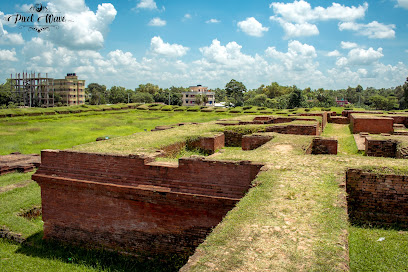
Matri Bhandar
Experience the legendary taste of Cumilla's original Rasmalai at Matri Bhandar, a sweet tradition since 1930.
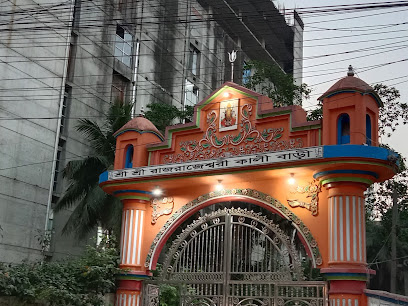
Magic paradise park
Experience thrilling rides, a splashing water park, and captivating dinosaur exhibits at Cumilla's ultimate family-friendly destination.
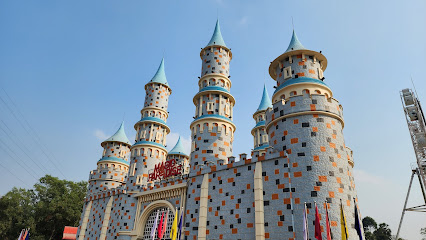
Cumilla City Park
Escape to Cumilla City Park: A serene urban oasis with lush greenery, family-friendly amenities, and vibrant cultural experiences.
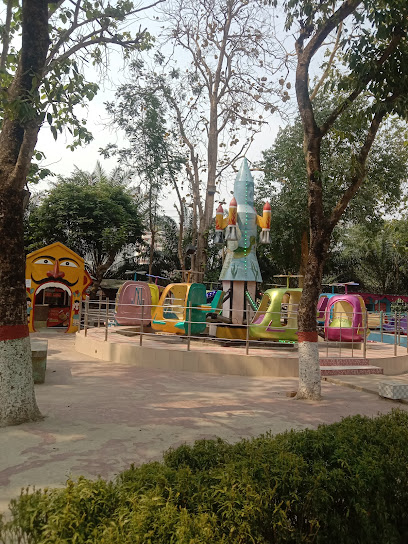
Cumilla Town Hall
Discover Cumilla Town Hall: A historic landmark and cultural hub in the heart of Cumilla, where history, culture, and community converge.
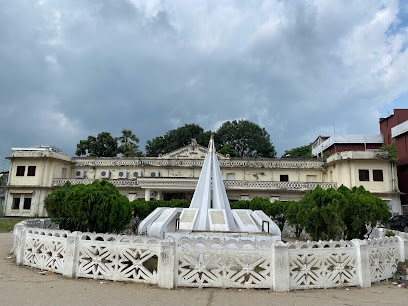
Nobo Shalbon Bihar
Discover Nobo Shalbon Bihar in Comilla: A serene Buddhist temple with a towering golden Buddha, a tranquil escape into Bangladesh's heritage.
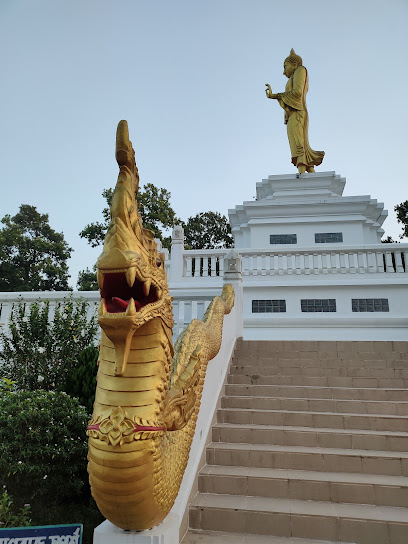
Comilla University
Discover Comilla University: Where modern education meets historical significance in a serene natural setting.
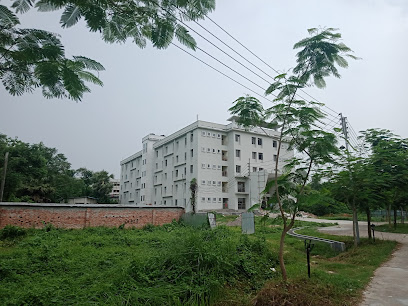
Mainamati Museum
Discover ancient Buddhist heritage at Mainamati Museum, showcasing relics from the 7th-12th centuries in Cumilla, Bangladesh. A treasure trove of history awaits!
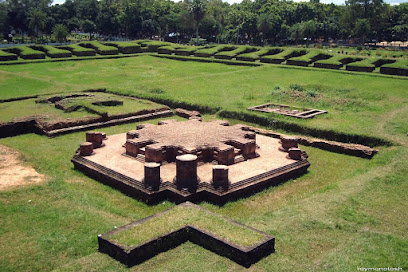
Blue Water Park
Experience thrilling water slides and serene relaxation at Blue Water Park in Cumilla, a perfect family getaway with lush landscapes.
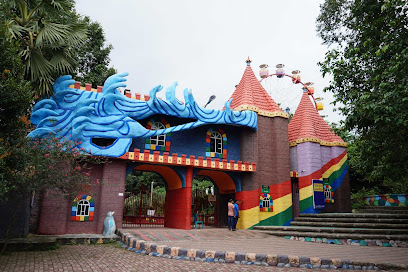
PC Restora
Experience authentic Bangladeshi cuisine at PC Restora in Comilla, home of delicious chicken chap and fresh salads. A must-try for every visitor!
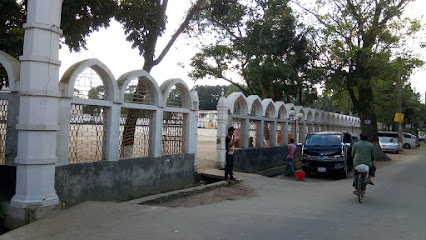
Tomsom Bridge Jame Masjid
Discover Islamic architecture and spiritual serenity at Tomsom Bridge Jame Masjid, a cultural gem in Cumilla, Bangladesh.
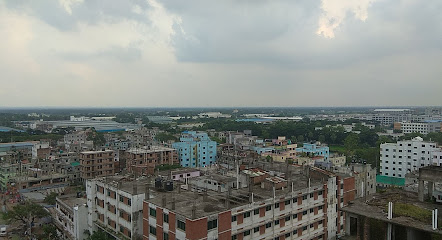
Maynamati War Cemetry
A serene and historically significant war cemetery in Cumilla, Bangladesh, honoring Commonwealth soldiers of World War II.
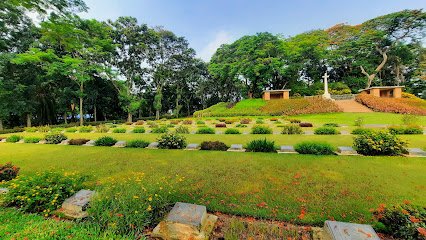
Dino Park
Roam with dinosaurs at Dino Park in Kotbari, Cumilla: an exciting family adventure featuring life-sized replicas, thrilling rides, and educational exhibits for an unforgettable prehistoric experience.
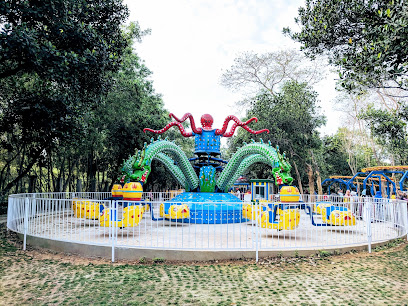
Khandakar Haque Tower Food Court
Experience diverse and affordable dining at Cumilla's Khandakar Haque Tower Food Court, a vibrant culinary crossroads for locals and tourists.
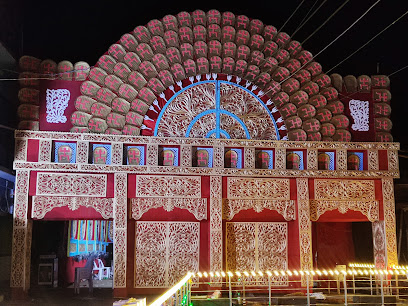
Unmissable attractions to see
Dharmasagar
Discover Dharmasagar, Cumilla: A historic lake offering serene beauty, cultural insights, and a tranquil escape in the heart of Bangladesh.
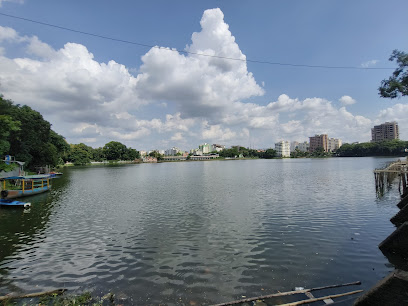
Cumilla City Park
Escape to Cumilla City Park: A serene urban oasis with lush greenery, family-friendly amenities, and a tranquil atmosphere for all.
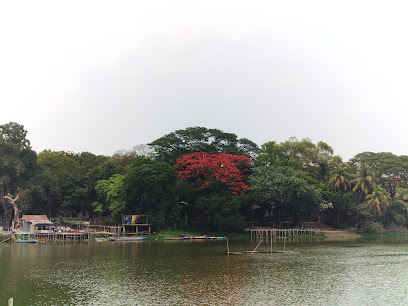
Blue Water Park
Experience thrilling water slides and serene relaxation at Blue Water Park in Comilla, a perfect family getaway with aquatic adventures for all ages.
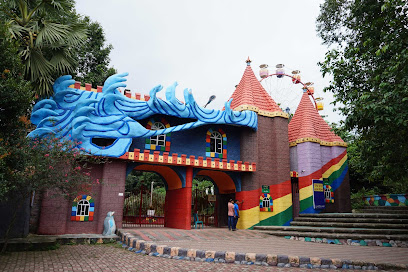
Roop Sagar Park
Escape to the serene beauty of Roop Sagar Park in Cumilla, offering a peaceful retreat with lush greenery and recreational activities.
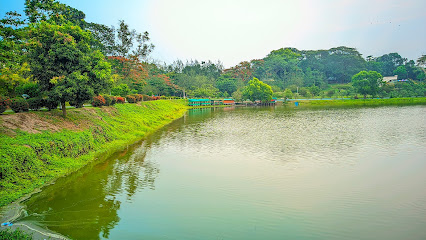
নানুয়া দিঘীর পাড়
Discover Cumilla's heritage at Nanua Dighi, a 550-year-old pond offering tranquility and scenic beauty in the heart of the city.
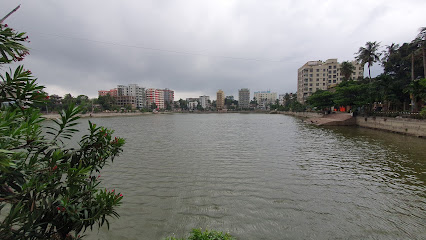
Dino Park
Roam with dinosaurs at Dino Park in Cumilla: An exciting family adventure featuring life-sized replicas, thrilling rides, and educational exhibits.
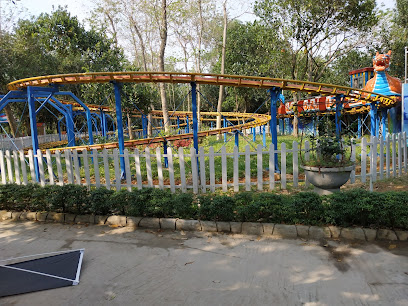
Itakhola Mura
Uncover the ancient Buddhist heritage at Itakhola Mura in Comilla, Bangladesh, with its fascinating stupa and monastery ruins.
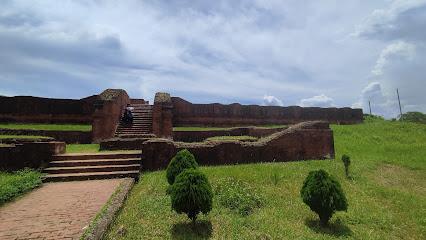
Palace of Queen Maynamati
Explore the Palace of Queen Maynamati, an archaeological marvel showcasing Bangladesh's rich Buddhist heritage and ancient history.
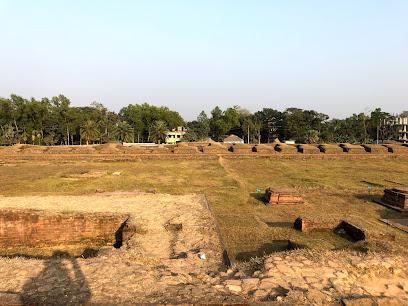
Rupban Mura
Discover Rupban Mura, an ancient Buddhist site in Cumilla, Bangladesh, showcasing intricate ruins and Bengal's rich cultural heritage.
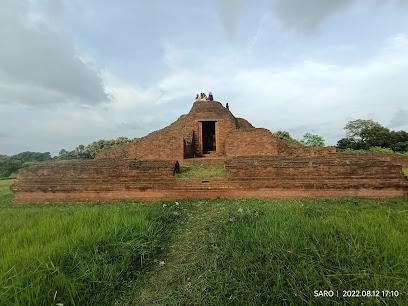
গোমতীর পাড়
Discover the beauty of Gomti River at গোমতীর পাড় near Palpara Railway Bridge, a tranquil escape with scenic views and cultural richness.
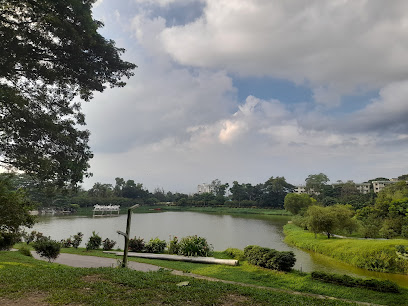
Jagannath Temple
Explore the historic Jagannath Temple in Cumilla, a 16th-century architectural marvel and a center for Hindu devotion and Bengal's cultural heritage.
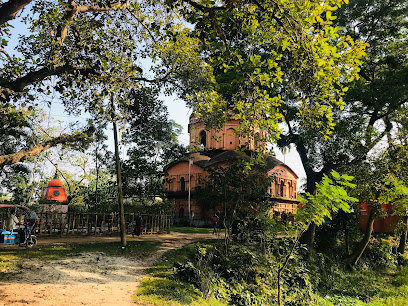
টমছমব্রীজ গোলচত্তর
Discover the historical charm and scenic beauty of Tomsom Bridge, a must-visit landmark in Cumilla, Bangladesh.
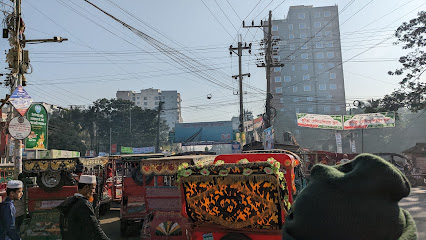
Fun town
Experience thrilling rides and family-friendly fun at Cumilla's Virtual Fun Town, a premier theme park creating unforgettable memories.
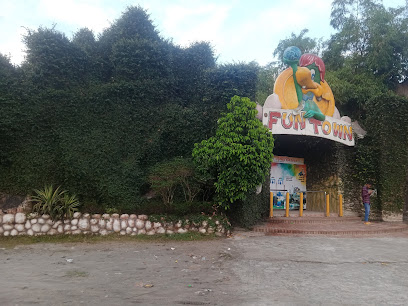
Kutila Moora
Explore Kutila Moora, an ancient Buddhist site in Bangladesh, revealing centuries of history and spiritual heritage through its stupas and relics.
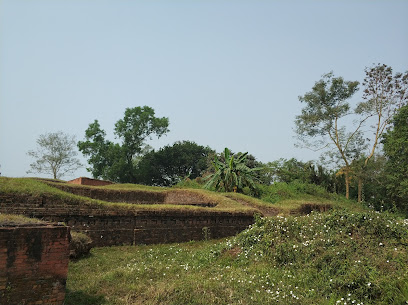
দক্ষিণ গ্রাম পদ্মবিল
Discover the serene beauty of কুমিল্লার দক্ষিণ গ্রাম পদ্মবিল, home to rare lotuses and vibrant natural landscapes.
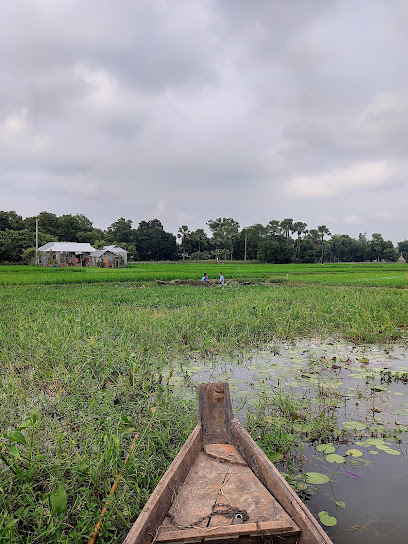
Essential places to dine
Hotel Noorjahan
Discover authentic Bangladeshi cuisine at Hotel Noorjahan in Cumilla—where tradition meets flavor in every bite.
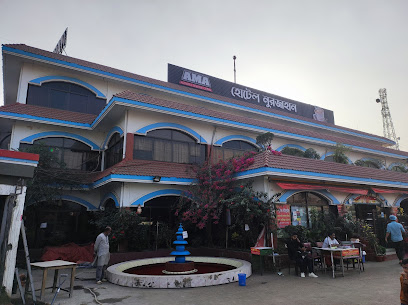
Biroti Restaurant Community Centre and Conference Hall
Discover authentic Bangladeshi cuisine at Biroti Restaurant in Cumilla - where tradition meets taste in every dish.
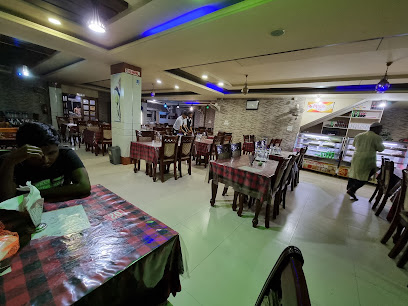
Sandu Hotel and Restaurant
Experience authentic Bangladeshi cuisine at Sandu Hotel and Restaurant – where tradition meets flavor along the Dhaka-Chittagong Highway.
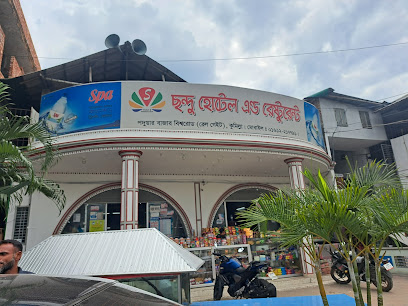
Mainamati Highway Restaurant
Discover exquisite dining at Mainamati Highway Restaurant – where every meal is a celebration of flavors on your travel journey.
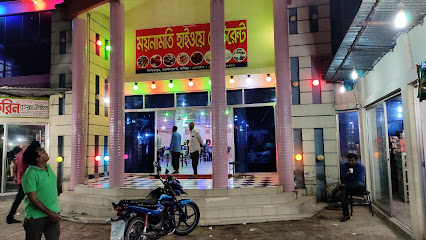
PizzaBurg Comilla
Discover the ultimate pizza experience at PizzaBurg Comilla - where every slice tells a story of flavor and freshness.
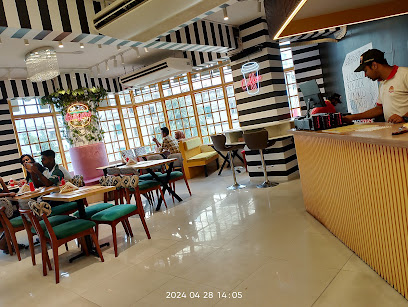
PC Restora
Experience authentic Bangladeshi cuisine at PC Restora in Comilla - home of delicious chicken chap and fresh salads.
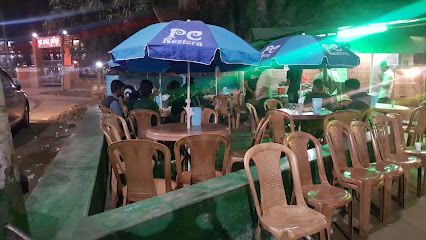
Salahuddin Hotel and Restaurant
Experience authentic Bangladeshi cuisine at Salahuddin Hotel and Restaurant in Cumilla - where every meal is a celebration of flavor.
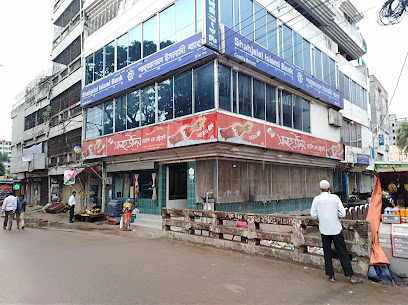
Golden Spoon Buffet Restaurant and Convention Center
Experience the rich flavors of Bangladesh at Golden Spoon Buffet Restaurant – a culinary destination in Cumilla offering diverse dishes in a vibrant setting.
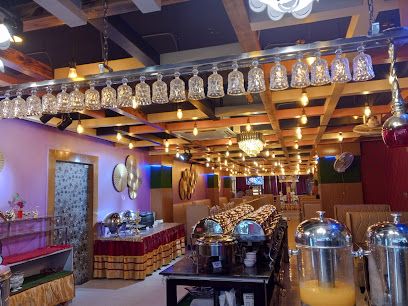
Cafe Marine
Discover Café Marine in Cumilla - A perfect blend of fast food and café delights awaits you with local flavors and inviting ambiance.
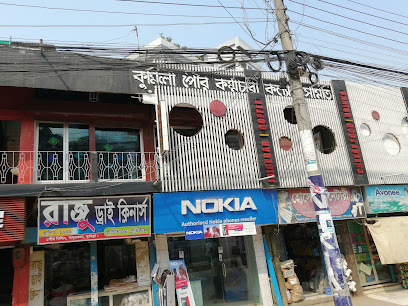
ছন্দু হোটেল, টমছমব্রীজ শাখা
Discover the flavors of Bangladesh at Chhondhu Hotel in Cumilla - a must-visit destination for food lovers.
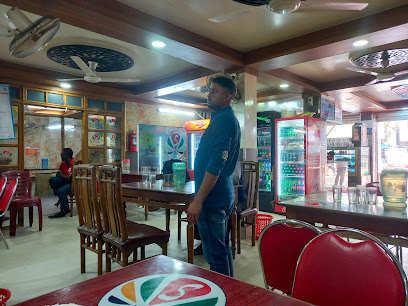
Hotel Diana & Bakery
Experience exquisite flavors at Hotel Diana & Bakery in Cumilla - where local traditions meet culinary creativity.
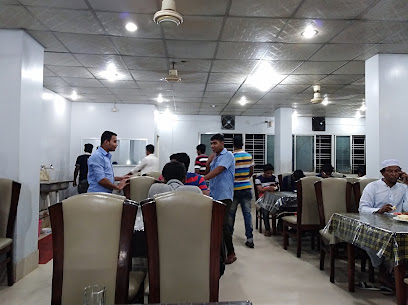
কাচ্চি ডাইন - কুমিল্লা
Experience authentic Bangladeshi cuisine at Kacchi Dine in Comilla—where tradition meets flavor.
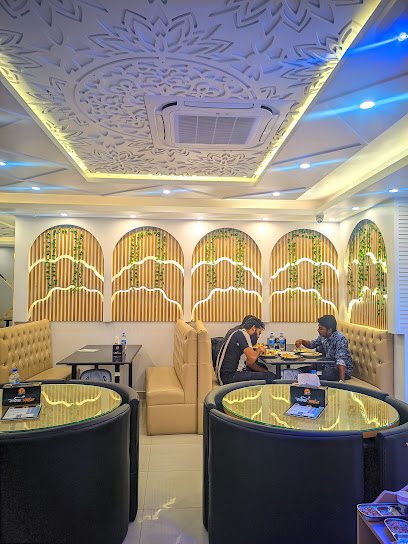
জিহান রেস্তোরাঁ (জিহান গ্রুপের একটি প্রতিষ্ঠান)
Experience authentic Bangladeshi cuisine at Jihan Restaurant in Cumilla's Senakalyan Market—where tradition meets taste.
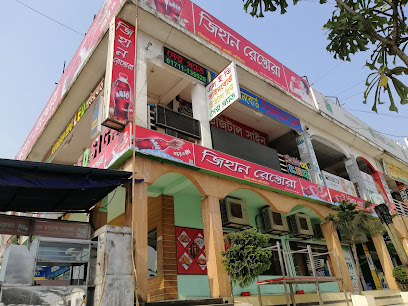
Pizza Dot
Discover the delightful flavors of Pizza Dot in Cumilla – where every bite is a taste of happiness!
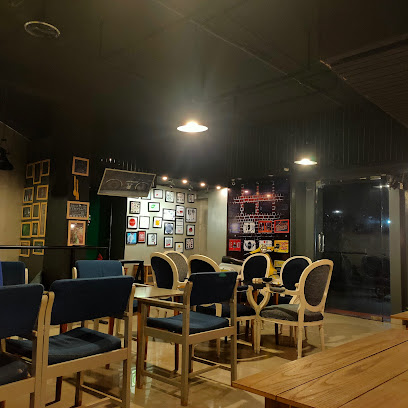
Kabab Station
Experience authentic Bangladeshi cuisine at Kabab Station in Cumilla – where every bite tells a story of tradition and flavor.
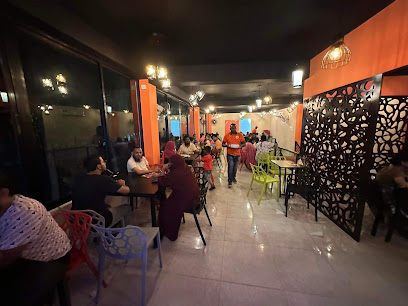
Markets, malls and hidden boutiques
Sattar Khan Complex
Experience the lively shopping and dining at Sattar Khan Complex in Cumilla, where local culture meets modern retail in a vibrant atmosphere.
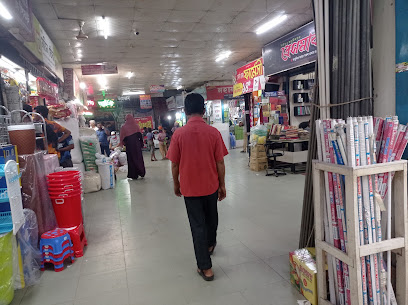
Easy Fashion
Shop trendy men's clothing at Easy Fashion in Cumilla, where quality meets modern style in a welcoming atmosphere.
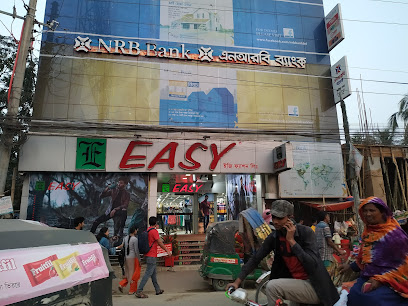
INFINITY
Discover unique local fashion at INFINITY in Cumilla, where trendy styles and exceptional service await every shopper.
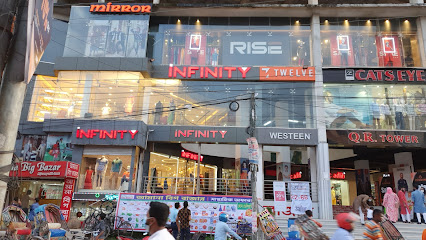
Daily Shopping - Comilla
Discover the vibrant shopping experience at Daily Shopping in Comilla, where local flavors and fresh produce await every visitor.
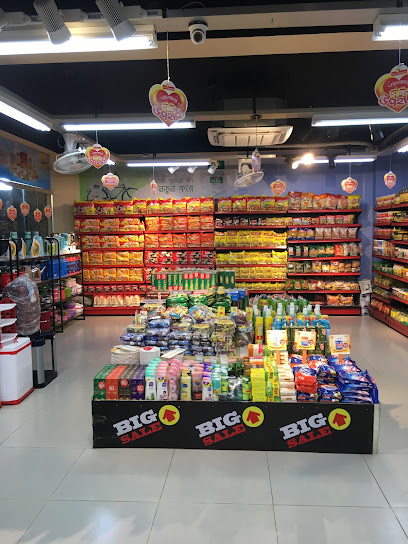
Regal Emporium - Cumilla EPZ
Explore Regal Emporium in Cumilla for exquisite furniture and decor, where local craftsmanship meets modern elegance.

RFL Best Buy - EPZ, Cumilla
Discover a diverse selection of home goods and local treasures at RFL Best Buy in Cumilla, where shopping meets culture.
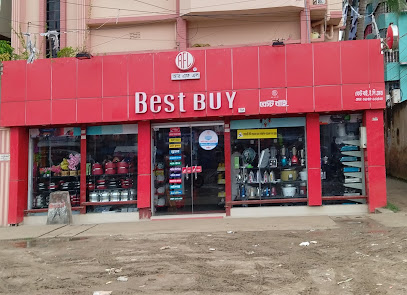
Vision Emporium - EPZ, Cumilla
Explore the latest technology trends at Vision Emporium, Cumilla's leading electronics store, offering a wide range of gadgets and exceptional customer service.
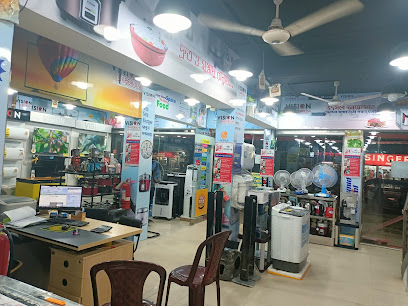
ইপিজেড 1 নং গেটের বিপরীত পাশে দক্ষিন চর্থা কুমিল্লা
Discover the vibrant local culture and unique shopping experiences at EPZ 1 Gate in Cumilla, where tradition meets modernity.
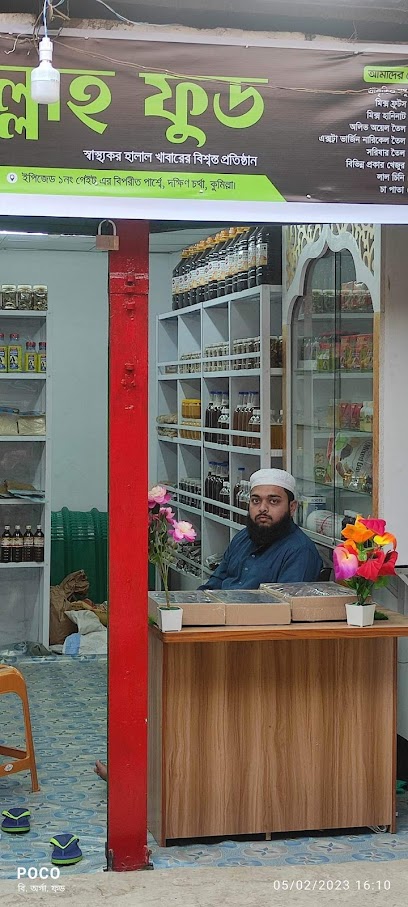
Tanzilla senitary
Discover unique handicrafts and local products at Tanzilla Senitary in Comilla, a vibrant store reflecting the rich culture of Bangladesh.
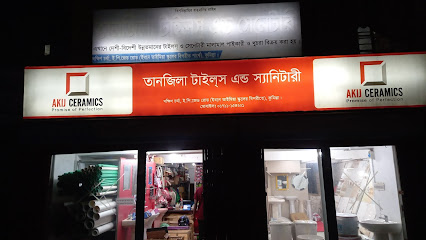
GS Mart জি.এস মার্ট
Discover GS Mart in Cumilla for a delightful grocery shopping experience with local and international products to satisfy every taste.
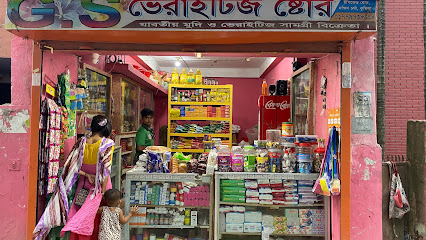
Md. Eliyas Protidin Variety Store
Shop local and experience the vibrant culture of Cumilla at Md. Eliyas Protidin Variety Store, your one-stop destination for unique goods.

Cumilla glass Shop
Explore the vibrant Cumilla Glass Shop for unique handcrafted glassware and home goods, celebrating local artisanship in every exquisite piece.
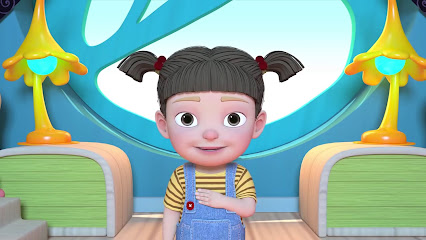
Ma 1 to 99 Plus
Explore Ma 1 to 99 Plus in Cumilla for unique gifts and stylish footwear, showcasing the charm of local craftsmanship.

হাফেজ মেজবাহ উদ্দিন ট্রেডার্স
Explore local flavors and everyday essentials at হাফেজ মেজবাহ উদ্দিন ট্রেডার্স, a charming general store in Cumilla, Bangladesh.
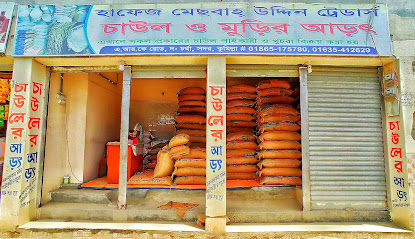
M/S Store
Discover a treasure trove of local and international products at M/S Store, Cumilla's vibrant grocery hub for all your culinary needs.
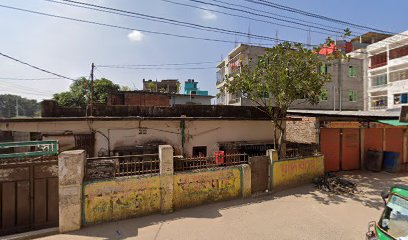
Essential bars & hidden hideouts
PC Restora
Experience the rich flavors of Bangladesh at PC Restora, a must-visit culinary destination in Comilla.
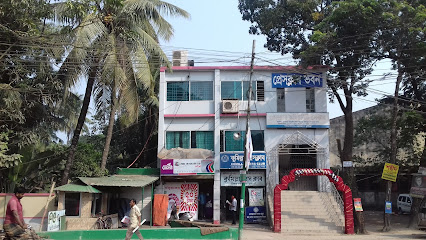
Cafe Marine
Experience the best of Bangladeshi and international cuisine at Cafe Marine in Cumilla, where every meal is a delightful journey.
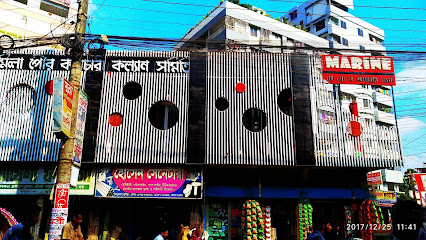
Pizza Dot
Savor the delicious pizzas and cozy atmosphere at Pizza Dot, Cumilla's favorite fast food and cafe destination.
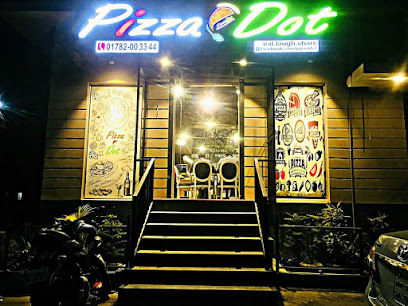
City Point Restaurant
Experience the vibrant flavors of Cumilla at City Point Restaurant, where every meal is a culinary adventure.
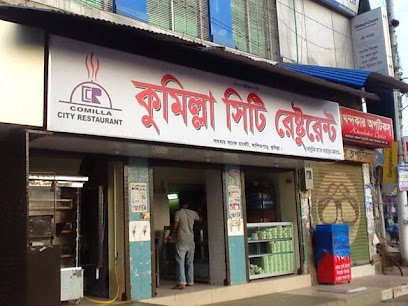
ZENZA CAFE
Experience the vibrant flavors of Asia at Zenza Cafe in Cumilla, where delectable fusion dishes and a cozy atmosphere await every visitor.
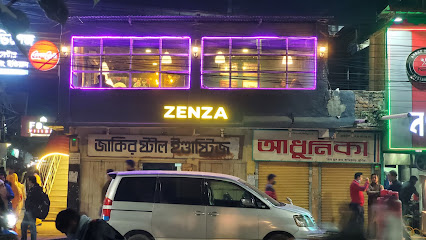
Cafe avengers
Discover the flavors of Cumilla at Cafe Avengers, where local cuisine meets a cozy ambiance in the heart of the city market.
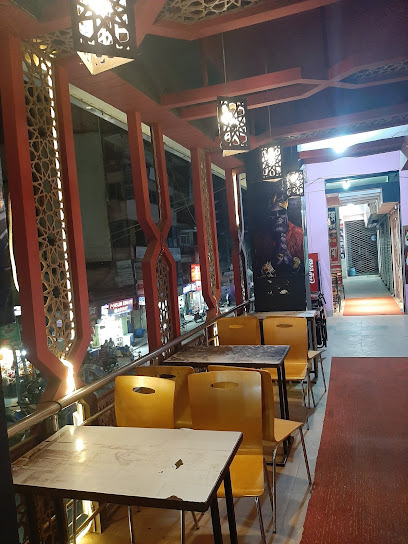
Blue Inn Restaurant and Bar
Discover the vibrant flavors of Cumilla at Blue Inn Restaurant and Bar, where delightful cuisine meets a warm and inviting atmosphere.
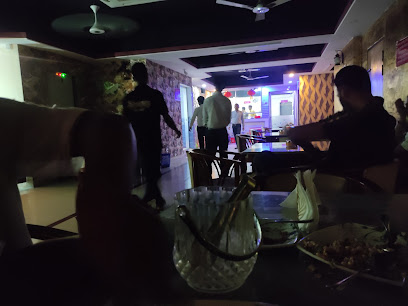
Cafe Mukta
Discover the heart of Bangladeshi culinary culture at Cafe Mukta in Cumilla, serving authentic dishes in a cozy atmosphere.
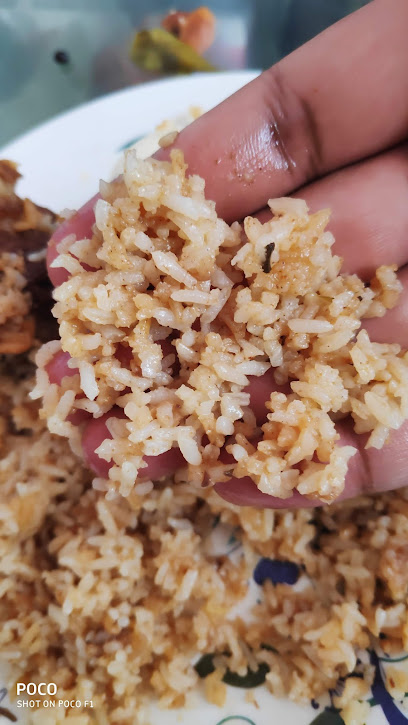
Minarva Hotel & Restaurant
Experience the rich flavors of Bangladesh at Minarva Hotel & Restaurant, where every meal is a celebration of culinary traditions.

comilla food bar
Experience authentic Bangladeshi cuisine at Comilla Food Bar, a culinary gem offering delightful flavors and a cozy dining atmosphere.
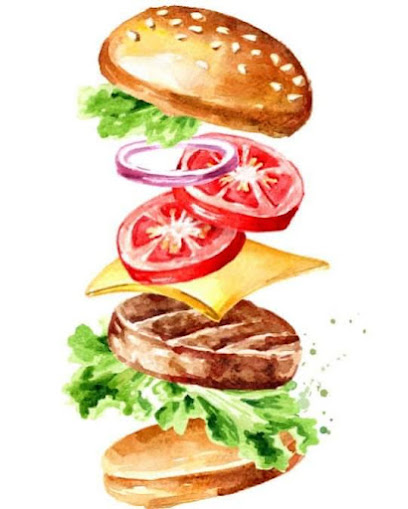
Cafe Historic
Discover the rich flavors of Bangladeshi cuisine at Café Historic, your cozy retreat in the heart of Cumilla's vibrant market.
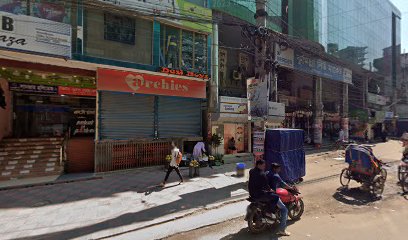
০১৩০২০৪৪১৪৮
Experience the vibrant nightlife at Cumilla's top bar, where local flavors and lively atmosphere create unforgettable moments.

TipsBD
Discover the vibrant flavors of Spain at TipsBD, Cumilla's go-to tapas bar for an unforgettable dining experience.
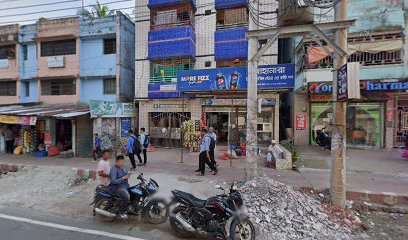
গাবতলী
Discover the lively ambiance and unique local flavors at গাবতলী, a must-visit bar in Cumilla for an unforgettable night out.
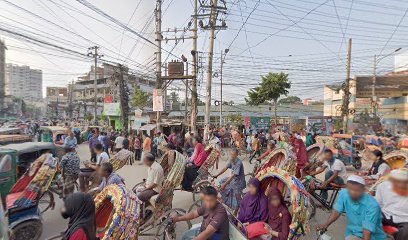
Local Phrases
-
- Helloনমস্কার
[Nomoshkar] - Goodbyeবিদায়
[Biday] - Yesহ্যাঁ
[Hyāṁ] - Noনা
[Na] - Please/You're welcomeঅনুগ্রহ করে
[Onugroh kore] - Thank youধন্যবাদ
[Dhonnobad] - Excuse me/Sorryদুঃখিত
[Dukhito] - How are you?আপনি কেমন আছেন?
[Aponi kemon achhen?] - Fine. And you?ভালো। আর আপনি?
[Bhalo. Ar aponi?] - Do you speak English?আপনি ইংরেজি কথা বলতে পারেন?
[Aponi ingreji kotha bolte paren?] - I don't understandআমি বুঝিনি
[Ami bujhini]
- Helloনমস্কার
-
- I'd like to see the menu, pleaseদয়া করে মেনু দেখাতে চাই
[Doya kore menu dekhate chai] - I don't eat meatআমি মাংস খাই না
[Ami mangsh khai na] - Cheers!চিয়ার্স!
[Cheers!] - I would like to pay, pleaseদয়া করে টাকা দিতে চাই
[Doya kore taka dite chai]
- I'd like to see the menu, pleaseদয়া করে মেনু দেখাতে চাই
-
- Help!সাহায্য!
[Sahayyo!] - Go away!চলে যাও!
[Chole jao!] - Call the Police!পুলিশকে ডাকুন!
[Polishke dakun!] - Call a doctor!ডাক্তারকে ডাকুন!
[Daktarke dakun!] - I'm lostআমি হারাইয়া গেছি
[Ami haraiya geshi] - I'm illআমি অসুস্থ
[Ami osustho]
- Help!সাহায্য!
-
- I'd like to buy...আমি কিনতে চাই...
[Ami kinte chai...] - I'm just lookingআমি মাত্র দেখছি
[Ami matro dekhchi] - How much is it?এটা কত?
[Eta koto?] - That's too expensiveএটা অনেক মহঙ্গ
[Eta onek mohonggo] - Can you lower the price?দাম কমাতে পারবেন?
[Dam kamate parben?]
- I'd like to buy...আমি কিনতে চাই...
-
- What time is it?এখন কতটা বাজে?
[Ekhn kotta baje?] - It's one o'clockএকটা বাজে
[Ekta baje] - Half past (10)দশের অর্ধেক
[Dasher ordhek] - Morningসকাল
[Shokal] - Afternoonদোপুর
[Dopur] - Eveningসন্ধ্যা
[Shondhya] - Yesterdayগতকাল
[Gotkal] - Todayআজ
[Aj] - Tomorrowআগামীকাল
[Agamikal] - 1এক
[Ek] - 2দুই
[Dui] - 3তিন
[Tin] - 4চার
[Char] - 5পাঁচ
[Panch] - 6ছয়
[Chhoy] - 7সাত
[Sat] - 8আট
[At] - 9নয়
[Noy] - 10দশ
[Dosh]
- What time is it?এখন কতটা বাজে?
-
- Where's a/the...?একটা/একটি... কোথায়?
[Ekta/ekti... kothay?] - What's the address?ঠিকানা কি?
[Thikana ki?] - Can you show me (on the map)?আপনি আমাকে দেখাতে পারবেন (ম্যাপে)?
[Aponi amake dekhate parben (map-e)?] - When's the next (bus)?পরের (বাস) কখন?
[Porer (bus) kokhon?] - A ticket (to ....)একটা টিকেট (থেকে ....)
[Ekta ticket (theke ....)]
- Where's a/the...?একটা/একটি... কোথায়?
History of Comilla
-
Comilla, one of the oldest cities in Bangladesh, boasts a rich history that dates back over two thousand years. The region was once part of the ancient Samatata kingdom, and its historical significance is underscored by numerous archaeological sites such as the Mainamati-Lalmai hills. These hills are home to the ruins of ancient Buddhist stupas and monasteries, reflecting the area's historical importance as a center of Buddhist culture and learning. The Mainamati Museum, situated near these hills, houses a wealth of artifacts that provide insight into the life and culture of the ancient inhabitants of the region.
-
During the British colonial period, Comilla emerged as a crucial administrative and economic center. The establishment of the Comilla Victoria Government College in 1899 marks a significant chapter in the city's educational development. Named after Queen Victoria, this institution became a beacon of higher learning in the region. The British also developed infrastructure, including roads and railway connections, which facilitated trade and communication. The remnants of colonial architecture, such as the Rajbari and other administrative buildings, still stand as a testament to this era.
-
Comilla played a pivotal role in the Bengali Language Movement, which was a struggle to recognize Bengali as one of the state languages of Pakistan. In 1952, the movement reached its peak, and Comilla was one of the active centers of protest and resistance. Many students and intellectuals from Comilla participated in demonstrations and faced persecution. The movement eventually led to the recognition of Bengali as an official language, and the sacrifices of the people of Comilla are remembered with pride and reverence.
-
Comilla holds a significant place in the history of Bangladesh's Liberation War in 1971. The city witnessed fierce battles between the Pakistani military and the Mukti Bahini (Liberation Army). The war efforts in Comilla were marked by acts of bravery and sacrifice, with many local residents joining the fight for independence. The Shalban Vihara, an ancient Buddhist monastery, served as a strategic base for the Mukti Bahini. Today, various monuments and memorials, including the Comilla War Cemetery, stand in honor of those who fought and gave their lives for the country's freedom.
-
Comilla is renowned for its vibrant cultural heritage, which is a blend of traditional Bengali customs and influences from its historical past. The city celebrates numerous festivals with great enthusiasm, including Durga Puja, Eid, and Pohela Boishakh (Bengali New Year). The Ras Mela, a traditional fair held in the village of Langalband, attracts thousands of visitors every year. Additionally, Comilla is famous for its rich tradition of handloom weaving, particularly the production of 'khadi' cloth. The city's cultural landscape is also enriched by its music, dance, and culinary traditions, making it a fascinating destination for cultural exploration.
Comilla Essentials
-
Comilla is well-connected by road and rail. The nearest international airport is Shahjalal International Airport in Dhaka, approximately 100 kilometers away. From Dhaka, you can take a bus, train, or hire a private car to reach Comilla. The journey typically takes around 2 to 3 hours by road, depending on traffic. Train services from Dhaka to Comilla are also frequent and offer a comfortable alternative.
-
Comilla has a variety of transportation options. Rickshaws and auto-rickshaws are common for short distances within the city. For longer trips, local buses and minibuses are available. Renting a car is another option, though driving can be challenging due to traffic conditions. Taxis and ride-sharing services are also available but less common than in larger cities.
-
The official currency in Bangladesh is the Bangladeshi Taka (BDT). Credit cards are accepted in some hotels, restaurants, and larger shops, but it is advisable to carry cash, especially in smaller establishments. ATMs are available throughout Comilla, and most accept international cards. Currency exchange services are also available at banks and authorized exchange booths.
-
Comilla is generally safe for tourists, but standard precautions should be taken. Avoid walking alone at night in unfamiliar areas and keep an eye on your belongings in crowded places. While there are no specific high-crime areas targeting tourists, it is advisable to stay vigilant. Areas around the bus and train stations can be particularly crowded and require extra attention to personal belongings.
-
In case of emergency, dial 999 for immediate assistance. Comilla has local police stations and medical facilities, including Comilla Medical College Hospital. It is recommended to have travel insurance that covers medical emergencies. For minor health issues, there are numerous pharmacies where you can purchase over-the-counter medications.
-
Fashion: Do dress modestly; avoid wearing revealing clothing. Men should avoid wearing shorts in public. Religion: Do respect local customs and traditions, especially in religious sites. Always remove your shoes before entering mosques. Public Transport: Do be respectful and give up your seat to elderly passengers. Don't eat or drink on public transport. Greetings: Do greet people with a smile and a slight bow. A handshake is common among men but less so with women. Eating & Drinking: Do try local dishes and accept food offerings graciously. Don't refuse hospitality, as it is considered impolite.
-
To experience Comilla like a local, visit the local bazaars such as Kandirpar and Tomchom Bridge Market for fresh produce and traditional goods. Engage with locals, who are often friendly and willing to share stories about their culture and history. Don't miss the ancient archaeological site of Mainamati and the beautiful Lalmai hills. For a unique experience, take a boat ride on the Gomti River.
Nearby Cities to Comilla
-
Things To Do in Agartala
-
Things To Do in Dhaka
-
Things To Do in Barisal
-
Things To Do in Chittagong
-
Things To Do in Aizawl
-
Things To Do in Sylhet
-
Things To Do in Khulna
-
Things To Do in Jessore
-
Things To Do in Cox's Bazar
-
Things To Do in Shillong
-
Things To Do in Rajshahi
-
Things To Do in Guwahati
-
Things To Do in Kolkata
-
Things To Do in Imphal
-
Things To Do in Rangpur











